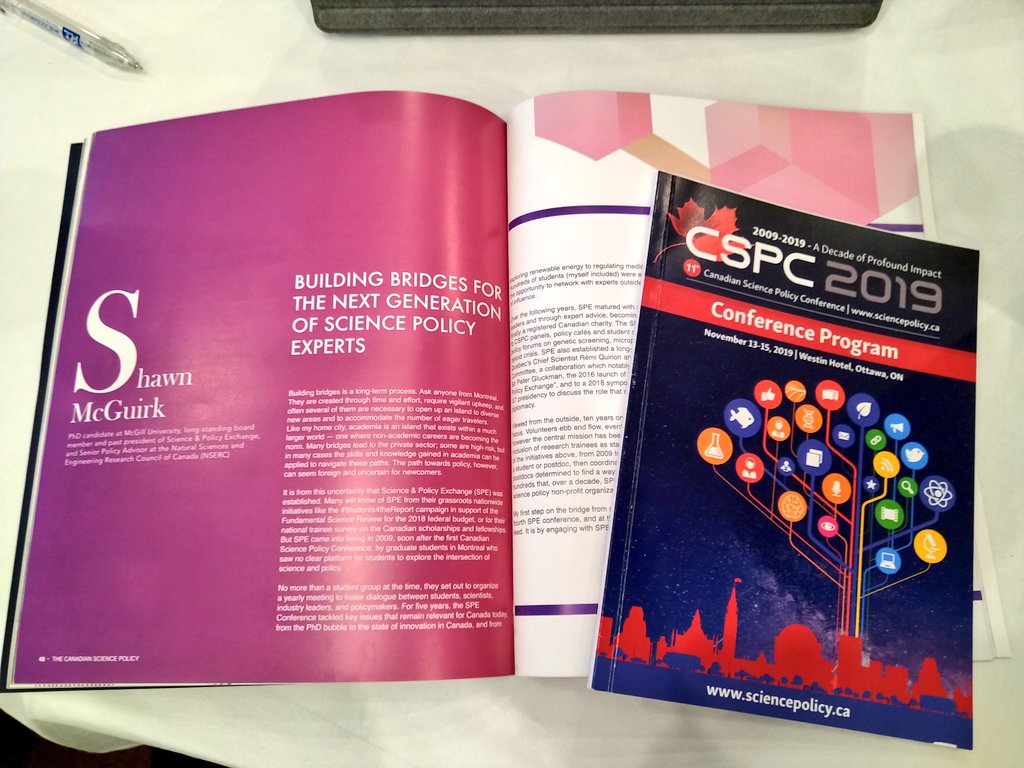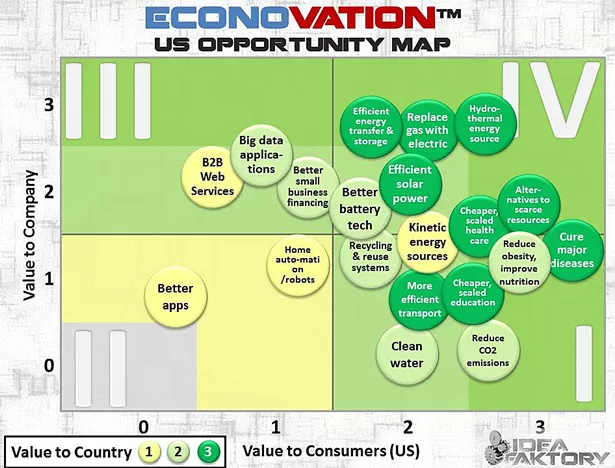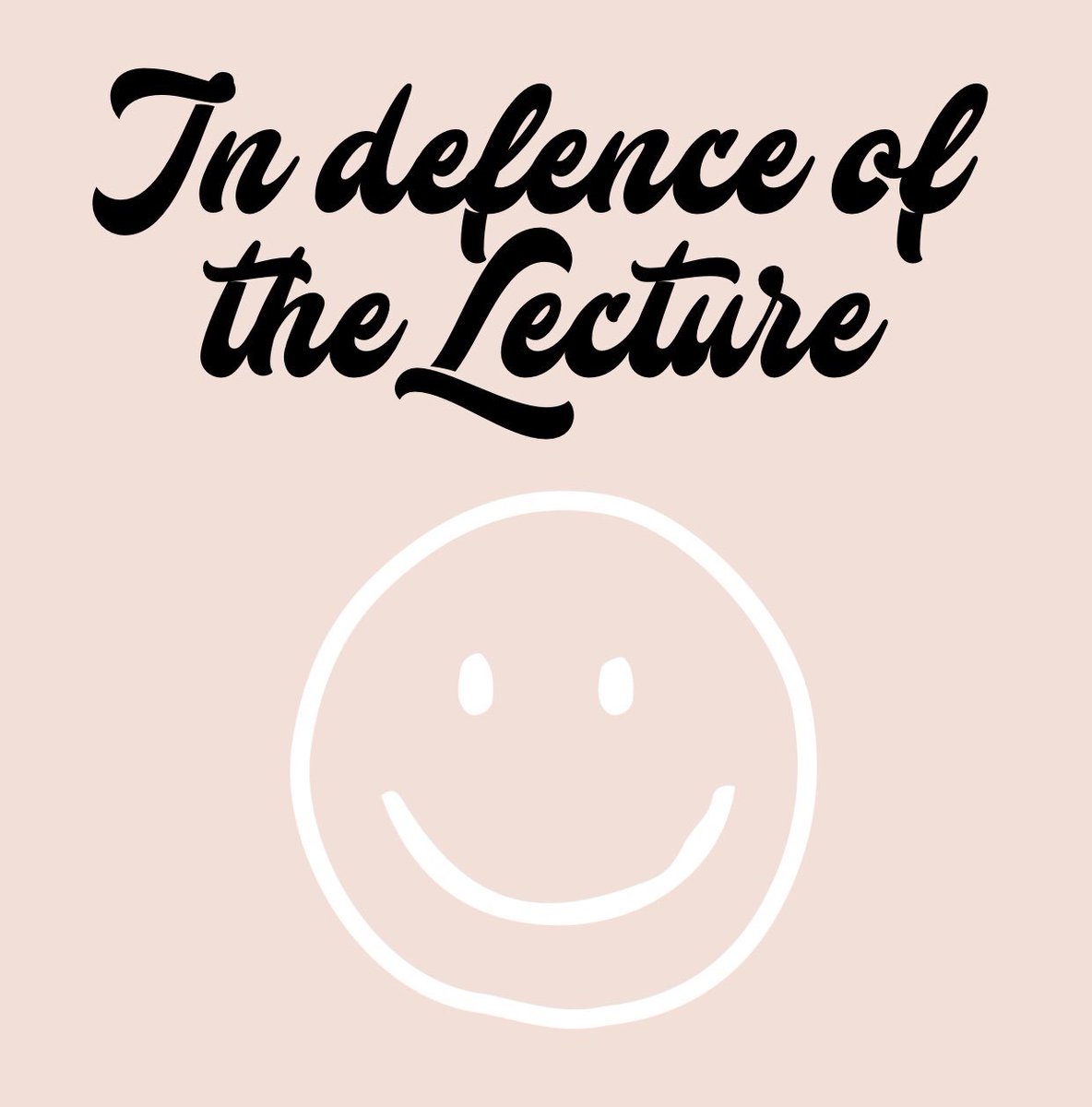It doesn’t mean moving while learning. It means being actively engaged in deep learning: thinking, questioning, answering vs passive learning. Active learning could be discussions, think-pair-share, worksheets, case studies & more. 2/
pnas.org/content/111/23…
Combines in-class & out-of-class learning through tech. One value of this could be increased collaborative learning online and student engagement. 3/
eric.ed.gov/?id=EJ1218398
When we are genuinely curious we learn better, and especially have better recall. Motivation for learning is important: ask If you are studying for just a grade, or studying because you are curious to learn – this impacts effectiveness. 4/
sciencedirect.com/science/articl…
Sometimes when learning is more challenging, it is more effective. For example, this study showed that when a slightly harder note-taking method is used, learning is more effective. 5/
journals.sagepub.com/doi/pdf/10.117…
This applies knowledge/skills/mindset from classroom to real-world, either in or beyond class. Helps students with knowledge transfer & skills transfer. Reflection is an integral component. 6/
tandfonline.com/doi/abs/10.108…
Struggle & failure are integral to learning. Be open to failure & do your best to learn from it. 7/
nature.com/articles/s4153…
Aka Collaborative Testing. This is when students write an exam independently, then come together in groups to re-write a portion of the exam (usually harder questions). This collaboratively written part increases long term learning. 8/
ir.lib.uwo.ca/cgi/viewconten…
You need to work on the hard questions in order to improve. Remember: reading is not studying.
I: Interleaving
Mix, or interleave, subjects/topics as you study them. You’ll learn better by mixing things up. 9/
pdfs.semanticscholar.org/cf2e/76caec297…
Learn from others & teach others. There are things you can do to make study groups (& group work in class) even better. AKA Collaborative Learning. 10/
tandfonline.com/doi/full/10.10…
Be open to learning what you don’t know. Ask yourself what the “muddiest point” is after each chapter. Metacognitive activities will help you identify knowledge limits. 11/
cetl.kennesaw.edu/metacognition-…
This is the myth that just won’t die. It’s dangerous because it promotes fixed mindset. I repeat: LEARNING STYLES DO NOT EXIST. 12/
frontiersin.org/articles/10.33…
This means being aware of your own thought process and your own learning. Improve your metacognition and you’ll learn better. 13/
ncbi.nlm.nih.gov/pmc/articles/P…
There is a connection between nutrition, brain function, learning, and cognition. Remember to eat well during exams. 14/
emerald.com/insight/conten…
Be open about your barriers to learning. Is it procrastination? Perfectionism? It can be uncomfortable to face these truths–but the sooner you overcome procrastination the better. And the right time to start studying is now. 15/
timeshighereducation.com/student/advice…
This is when students learn about a topic through open-ended problems and challenges. 16/
sciencedirect.com/science/articl…
Ask why we know certain things. Ask why things have certain names. When you understand the origin of ideas it helps with recall and learning. Same for understanding word roots. 17/
edu.rsc.org/feature/knowin…
When bringing info to front of mind (retrieving from memory) boosts learning & recall. So when you do practice questions:no peeking! Force yourself to recall & then check answers /18
Great blog post: @DrSumeracki & @DoctorWhy
learningscientists.org/blog/2018/9/27…
This is when you have shorter study sessions spaced apart (rather than altogether). It boosts recall. Another great blog post by @DoctorWhy & Megan Smith. 19/
learningscientists.org/blog/2016/7/21…
This is core knowledge that opens up new worlds (like a portal) of understanding. If you have a misconception that aligns with a threshold concept, this can make further learning challenging. 20/
insidehighered.com/digital-learni…
We all have misconceptions and misunderstandings. It can be very difficult to unlearn these, allowing us to relearn the correct content. 21/
ncbi.nlm.nih.gov/pmc/articles/P…
And great post by Annette Taylor:
learningscientists.org/blog/2017/7/25…
You might feel like you are the only one struggling–but you aren’t alone. First year university is life changing, & part of that change involves struggle. Instructors need to give you resources for support. 22/
theglobeandmail.com/opinion/articl…
Health and wellness are important to learning. Be sure to take breaks, go for walks, & access resources. 23/
tandfonline.com/doi/full/10.10…
You don’t truly understand a concept if you can’t explain it.
cognition.princeton.edu/sites/default/…
Y: Yet.
You might not know something *yet* - Do your best to foster a growth mindset while studying. 24/
gettingsmart.com/2018/02/mindse…
We need good quality sleep to learn, but also to consolidate what we have learned. Be sure to turn your phone&laptop off at least an hour before sleep and don’t have too much caffeine before bedtime. /end
healthysleep.med.harvard.edu/healthy/matter…






